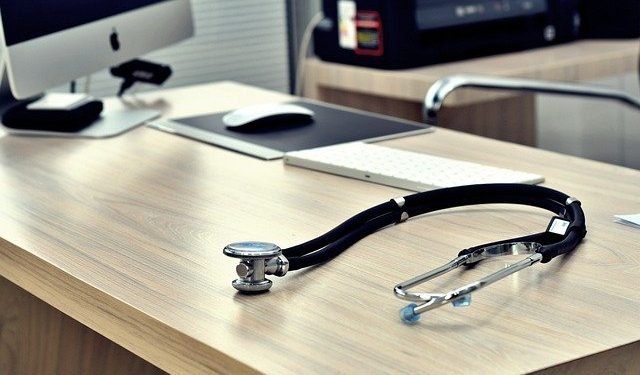Patients are facing a “double whammy” of delays, GPs have warned, as many struggle to meet demand for appointments and waiting times for vital cancer tests continue to mount up.
Almost two fifths (38%) of GPs surveyed by Cancer Research UK say their practices are finding it difficult to meet demand for remote consultations, while more than one in three (35%) report similar difficulties providing face-to-face appointments.
The majority of just-over 1,000 doctors polled by the charity also report that they are seeing delays to cancer diagnostic tests. Their experience appears to reflect the latest official figures from NHS England.
Three quarters (75%) of GPs told Cancer Research that waiting times had increased for ultrasounds, which are used in the diagnosis of some gynecological cancers and sarcomas.
There also appears to be a huge increase in waits for upper GI endosopies, used to detect oesophagal cancer, with 69% of GPs reporting delays, while 62% of doctors say waits have gone up for lower GI endoscopies, which are used to detect bowel cancer.
The GPs polled by the charity also said:
- 61% said waits had increased for chest X-rays, used to help diagnose lung cancer
- 55% said waits had increased for blood tests, used to help detect a range of cancers
- 49% said waits had increased for CT scans, used to detect cancer in the chest, abdomen and pelvis
- 46% said waits had increased for MRI scans, used to detect brain tumours
NHS England diagnostic waiting time statistics show the number of patients waiting six weeks or more for key tests has surged since March.
By the end of October, there were nine times more people waiting six weeks or more for an endoscopy test compared to end of October 2019 (more than 110,000 in 2020 vs around 12,500 in 2019), although this has improved since the worst point at the end of August.
And while the number of patients waiting six weeks or more for radiology tests (ultrasounds MRI and CT scans) has dropped since its peak in May, there are still 11 times more people (around 14,000 in October 2019 vs around 150,000 in October 2020) than last year.
Dr Jodie Moffat, Cancer Research UK’s head of early diagnosis, said that GPs and NHS staff have worked “incredibly hard during this challenging year” to manage the increased strain Covid-19 has put on an already stretched system.
But she added: “Many patients are still a long way off receiving the swift cancer diagnoses that will give them the best chance of being treated successfully, and worryingly we don’t yet know what the long-term impact on cancer stage and survival will be.
“It’s crucial the government uses the cash boost set aside in the spending review for the NHS to sort the backlog of cancer patients.”






